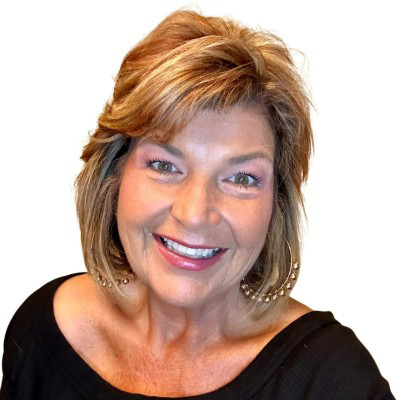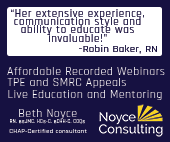by Elizabeth E. Hogue, Esq.
Gaslighting
Gaslighting, According to:
Nurse Professional Liability Exposure Claim Report: 4th Edition issued by Nurses Service Organization and CNA, for the period from 2016 to 2019 nurses who prvided services to patients in their homes; including those providing home health and hospice, and palliative care; were the most vulnerable of all nursing specialities to professional liability claims.
A Dubious Distinction
This is the first time that nurses in home care topped the list since the reports were first compiled in 2008. Home care nurses accounted for 20.7% of claims, which represents an increase of 12.4% over the previous number reported in 2015. Adult medical/surgical nurses topped the list in past reports.
Tell me Why
These factors may contribute to increases in claims against home care nurses:
- Lack of institutional support for home care nurses that is routinely received by nurses in hospitals and other facilities
- Growing popularity of home care
- Rising acuity of home care patients
- Lack of 24-hour oversight of patients
- Absence of equipment in patients’ homes that is readily available in institutional settings to help identify patients at high risk for negative outcomes
According to the Experts
However, the nonprofit organization Emergency Care Research Institute (ECRI) says that eroding trust is a major threat to patient safety in 2025. ECRI ranks “gaslighting,” or dismissing concerns of patients and caregivers, as the top issue. In other words, nurses aren’t listening to patients and their caregivers! There is an old adage that says that if practitioners would just listen to their patients, patients will tell them what is wrong (i.e., the diagnosis). Perhaps, then, the best way to avoid negligence and resulting lawsuits is to listen to patients and caregivers.
Gaslighting Safeguards
Other strategies that nurses can use to protect themselves from malpractice claims include:
- Stay up to date on education and training
- Document assessments of patients in a timely and objective manner
- Go up the chain of command when concerned about the well-being of patients
- Maintain files that demonstrate character; such as letters of recommendation, notes from patients, and performance evaluations
Of course, complete, accurate and contemporaneous documentation may provide the best defense of all!
Final Thoughts
An increase in malpractice claims against home health and hospice nurses is a significant new industry development. It’s time to move risk management, with a focus on listening to patients and caregivers, higher up the list!
# # #


Elizabeth Hogue is an attorney in private practice with extensive experience in health care. She represents clients across the U.S., including professional associations, managed care providers, hospitals, long-term care facilities, home health agencies, durable medical equipment companies, and hospices.
©2025 Elizabeth E. Hogue, Esq. All rights reserved.
No portion of this material may be reproduced in any form without the advance written permission of the author.
©2025 by The Rowan Report, Peoria, AZ. All rights reserved. This article originally appeared in The Rowan Report. One copy may be printed for personal use: further reproduction by permission only. editor@therowanreport.com



